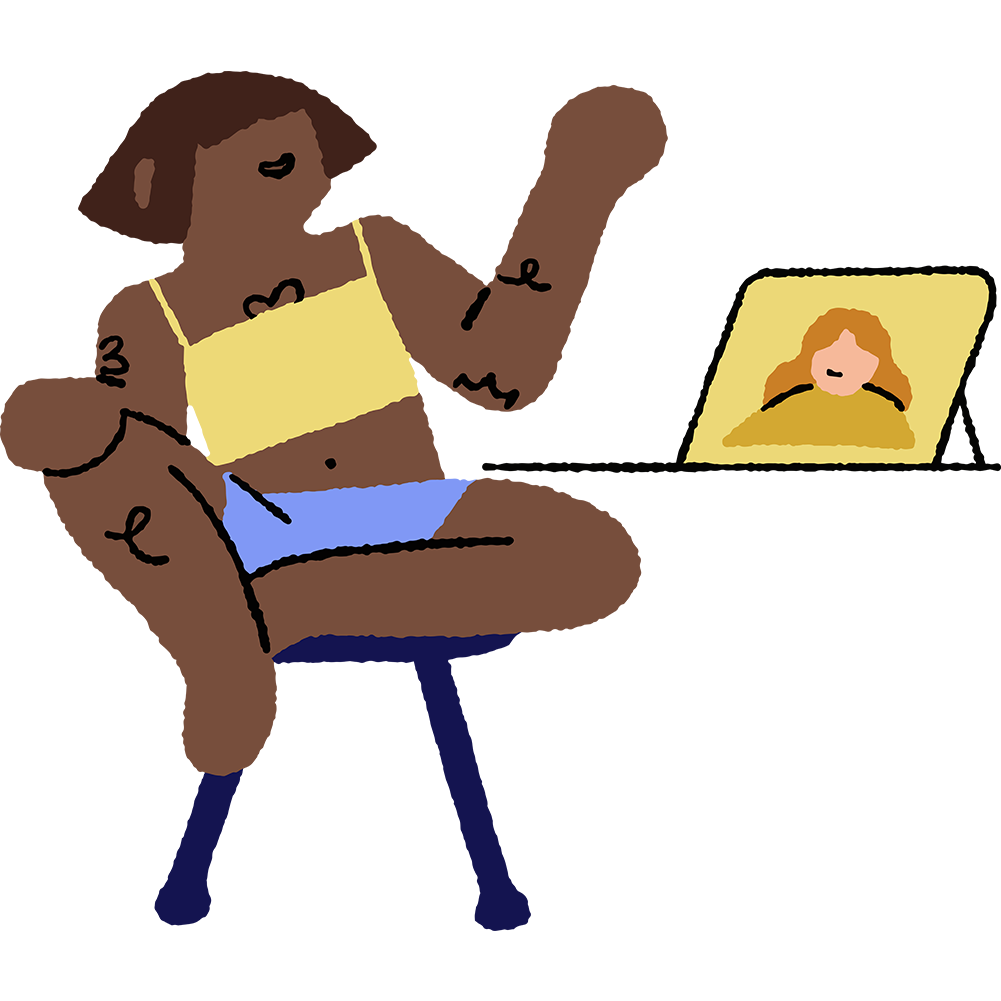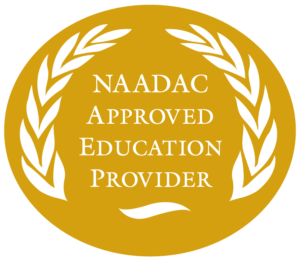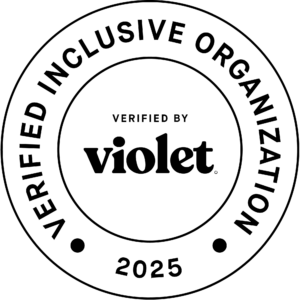Online Opioid Use Disorder Treatment
Opioids are a potent class of drugs frequently prescribed to relieve severe pain. While some are derived from the opium poppy plant, such as morphine and codeine, others like fentanyl and oxycodone are synthetically manufactured. Beyond their medical use, certain opioids like heroin are illicitly produced and sold, contributing to a nationwide epidemic of addiction and overdose deaths. Understanding opioid addiction can help prevent misuse and get those struggling with addiction the help needed for recovery.







